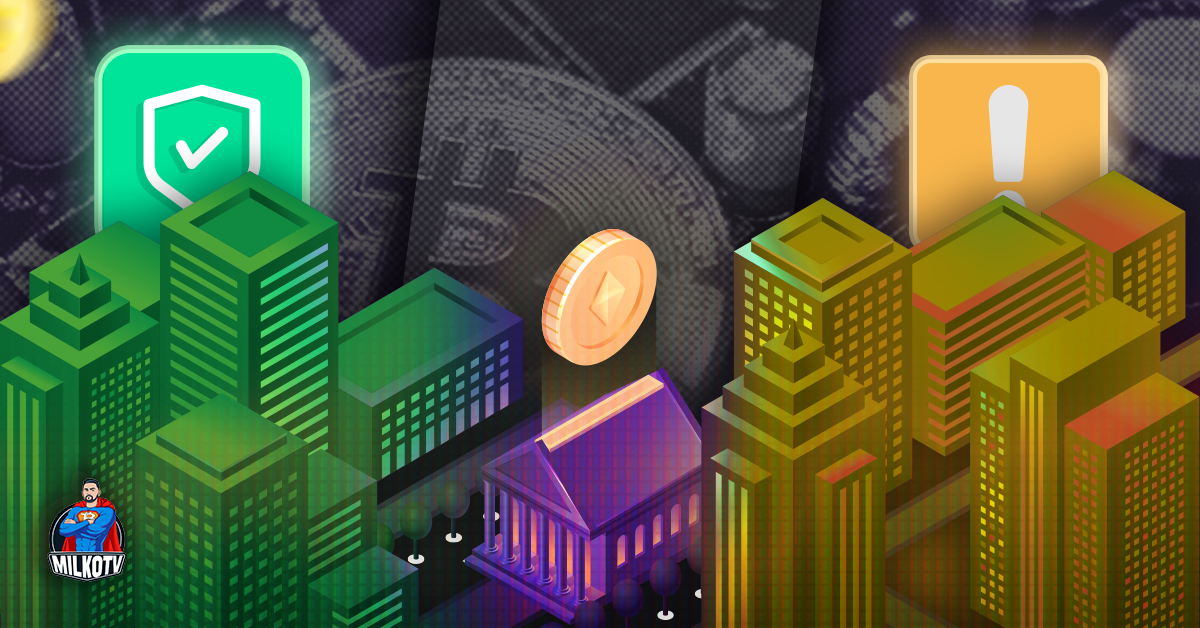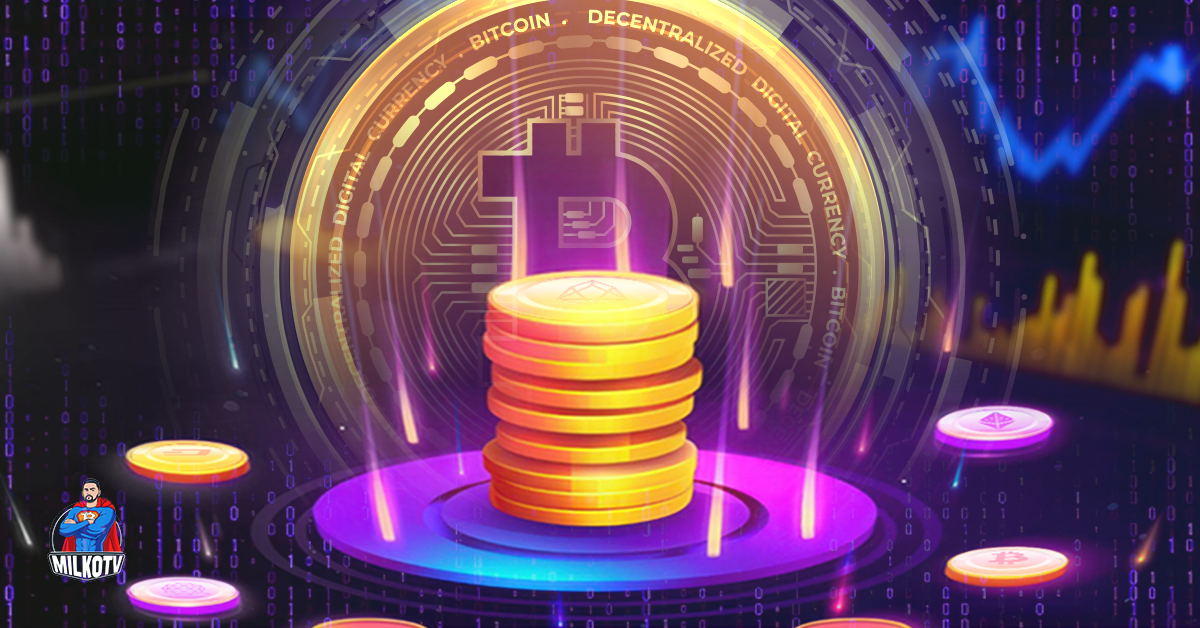In recent years, the world of finance has seen the rise of a new phenomenon known as decentralized finance (DeFi). DeFi refers to a system of financial applications built on blockchain technology that enables peer-to-peer transactions without intermediaries such as banks or financial institutions. These applications are built on decentralized protocols that allow users to lend, borrow, trade, and invest in cryptocurrencies and other digital assets. DeFi has gained significant attention and popularity in the crypto world, with the total value locked (TVL) in DeFi protocols reaching an all-time high of $150 billion in September 2021, according to DeFi Pulse.
Benefits of DeFi
Accessibility and inclusivity of financial services
One of the main benefits of DeFi is the accessibility and inclusivity of financial services. DeFi applications are accessible to anyone with an internet connection and a crypto wallet, regardless of location, financial status, or credit score. This means that DeFi can provide financial services to individuals and businesses traditionally excluded or underserved by traditional financial institutions.
Transparency and trustlessness of transactions
Another key benefit of DeFi is the transparency and trustlessness of transactions. DeFi protocols are built on open-source code that is publicly auditable, meaning that anyone can verify the code and ensure its security. Moreover, transactions on DeFi protocols are executed through smart contracts, self-executing contracts with the terms of the agreement between buyer and seller being directly written into lines of code. This eliminates the need for intermediaries and increases the transparency and trustlessness of transactions.
Interoperability and composability of decentralized protocols
DeFi protocols are designed to be interoperable and composable, which means they can be combined and integrated with other DeFi protocols to create new financial applications. This allows for the creation of more complex financial products and services that are impossible with traditional financial systems.
Decentralized governance and community-driven development
DeFi protocols are governed by decentralized autonomous organizations (DAOs), organizations that are run by smart contracts and controlled by their token holders. This allows for community-driven development and decision-making, which ensures that the interests of the community are aligned with the interests of the protocol.
Risks of DeFi
Smart contract vulnerabilities and potential for exploits
One of the main risks of DeFi is the potential for smart contract vulnerabilities and exploits. Smart contracts are code-based self-executing contracts that do not require a third-party intermediary. However, if the code is not properly audited or if there are flaws in the code, then it can be exploited by malicious actors, resulting in the loss of funds.
Lack of regulatory oversight and protection for investors
Another risk of DeFi is the lack of regulatory oversight and investor protection. DeFi protocols operate in a regulatory gray area and are not subject to the same level of scrutiny and oversight as traditional financial institutions. This means that investors may be at risk of fraud or other forms of abuse.
Volatility and liquidity risks in decentralized markets
DeFi markets are decentralized and operate on a peer-to-peer basis, which means there may be less liquidity and more volatility than in centralized markets. This can result in significant price fluctuations and increased risk for investors.
User error and loss of funds due to the lack of central authority
Finally, DeFi protocols are decentralized, meaning no central authority oversees transactions or addresses user errors. If users make mistakes in their transactions or lose their private keys, they may lose their funds permanently.
Conclusion
Decentralized finance (DeFi) has the potential
to revolutionize the world of finance by providing accessible, transparent, and community-driven financial services. However, like any emerging technology, DeFi has risks and challenges that must be addressed. Smart contract vulnerabilities, lack of regulatory oversight, volatility, liquidity risks, and user error are some critical risks associated with DeFi.
Despite these risks, the DeFi ecosystem continues to grow and evolve rapidly, with new protocols and applications being launched regularly. As the DeFi ecosystem matures, we will likely see more robust security measures, better regulatory frameworks, and more stable and liquid markets.
In conclusion, DeFi has the potential to transform the world of finance by providing financial services that are accessible, transparent, and community-driven. However, it is important for investors to be aware of the risks associated with DeFi and to exercise caution when investing in these protocols. Ultimately, the success of DeFi will depend on its ability to address these risks and to build trust among its users and investors.



